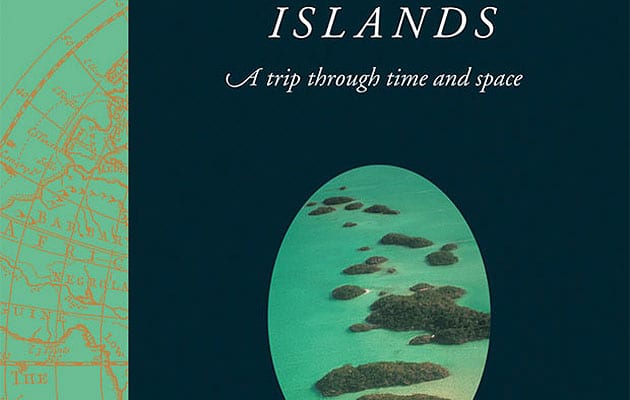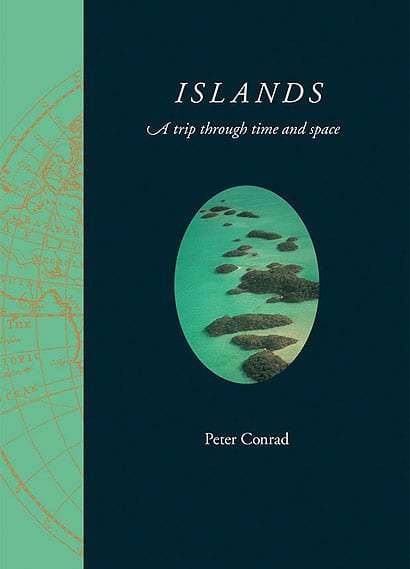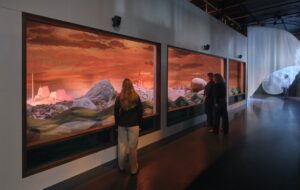|
|
||
|
For philosophers and neoliberal oligarchs alike, paradise is an island. Daniel Miller enjoys a study of the appeal of isolation. “We are not wholly an island,” John Major once noted, “except geographically.” In an era of “new geography” (to borrow a term from a recent Bookforum colloquium) model islands are proliferating, from the islands of wealth characteristic of gated communities to the islands of solitude nurtured by the new media. Spectacular schemes of island-based megalomania – Lex Luthor’s attempt in Superman Returns to carve a new continent out of the Atlantic; Peter Thiel’s “seasteading” dreams of a flotilla of libertarian city-states; Dubai’s bizarre “The World” archipelago – are really no more than the visible peaks of a deeper-lying phenomenon. The world has become global by shattering into spheres, with seas of noise separating islets of interest. In this sense this volume is timely. Peter Conrad is a professor of English who has spent the past 35 years stranded on the intellectual island of Oxford University, composing books for well-read general readers, and sending out bottled messages of muted distress to Sunday newspaper culture supplements and intellectually curious magazines. Islands: A Trip Through Time and Space is a beautifully bound literary travelogue which sets out to explore the meaning of islands more generally. Conrad is well-equipped for this task, both professionally and biographically: he was born on, then escaped from, Tasmania. His place of birth, he says in the first chapter, “immediately determined the way I would see the world.” Islands, Conrad suggests, are eccentric territories, peripheral to a centre understood to be elsewhere. As such they offer excellent staging-points for considering central matters, which is effectively what this book does. Summoning a set of canonical literary sources – Homer’s Odyssey, Thomas More’s Utopia and, of course, Daniel Defoe’s Robinson Crusoe, together with some well-selected references from pop culture and the news – Conrad’s principal activity is navigating the contradictory visions and ideas that have historically been associated with islands: metaphors of sex and death, dreams of escape and confinement. But as allusions build up and major themes clarify, it becomes obvious that Conrad’s real interest (and ours) lies in these topics themselves, and that the islands are simply an elegant way of addressing them. Towards this effort, Conrad’s stylistic composure and classical learning are indisputable, but whether he has anything new to say is another matter. Modestly, he tends to prefer having his sources speak for him, which is not unwise considering that they include many of the all-time giants of human thought. On the other hand, there is no original synthesis linking these figures together, beyond their shared greatness, and the ubiquitous island-conceit. The consequence is somewhat paradoxical: a book simultaneously superficial and deep, touristic and profound, universal and tendentious, complete with a conclusion that is characteristically banal-wise: “There must, after all, be an island. If there were no other worlds, how could we bear to live in this one?” Islands would perhaps be less useful on an actual desert island than either the instruction manual An Idiot’s Guide to Desert Island Survival and À la Recherche du Temps Perdu. Nevertheless, the marketing wing of Nakheel Properties, the developer behind “The World” could do a lot worse then including a copy in its new promotional material. Inevitably, that would result in its immediate disposal, perhaps from the window of a helicopter, by potential clients more interested in money than books.
Islands: A Trip Through Time and Space, by Peter Conrad, Thames & Hudson, £14.95 |
Words Daniel Miller |
|
|
||



















